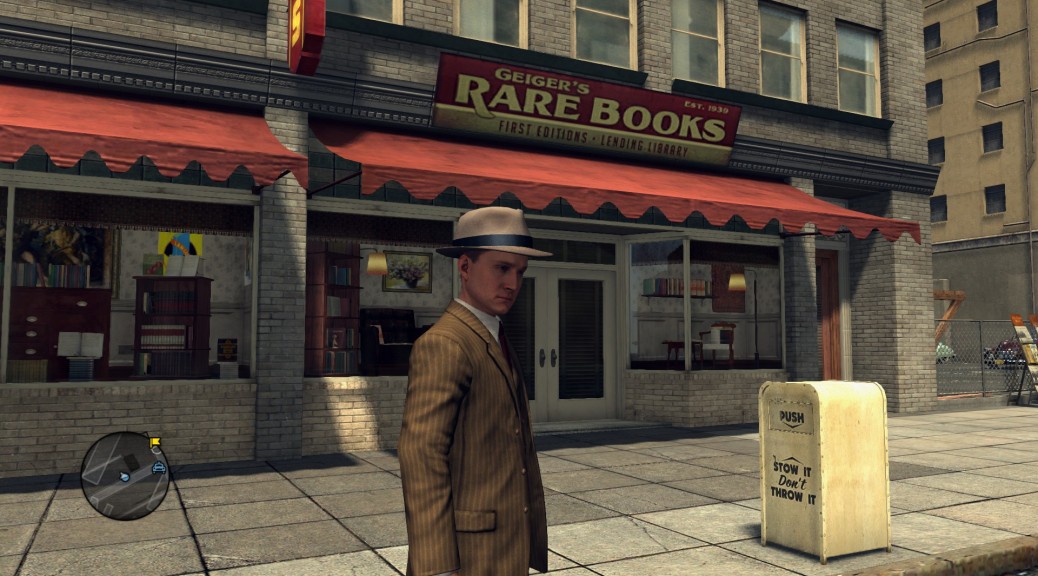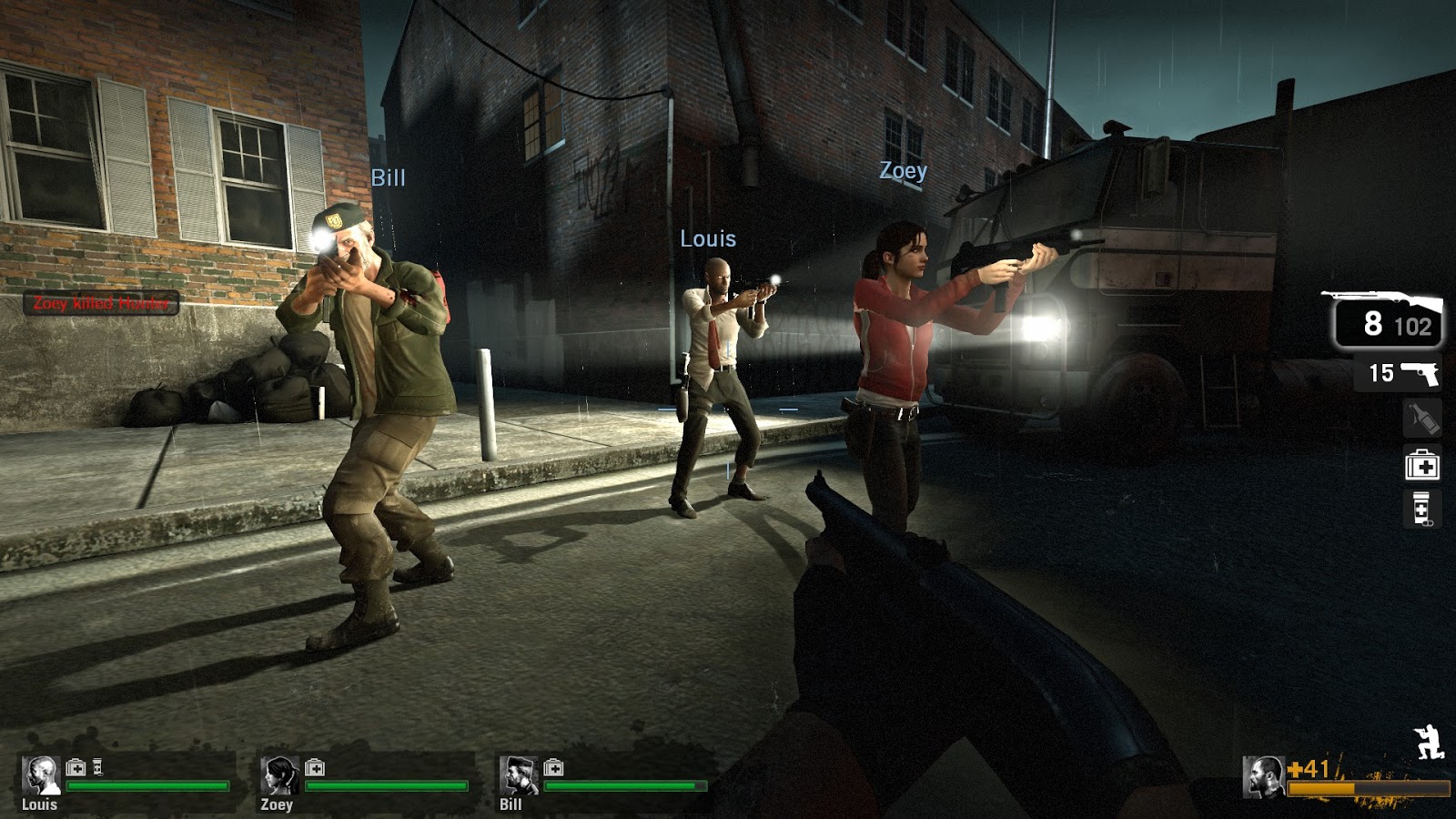I finished playing Halo 4 just before Christmas. I’ve clocked up quite a few hours playing multiplayer Halo 3 in share houses over the years, as well as playing through the various Halo campaigns from time to time, so I was looking forward to the new installment quite a lot. A new Halo game always brings mixed feelings because the gameplay changes, for better or worse or whatever. But Halo 4 brought a mix of feelings so complex I think I should probably call it a muddle. I honestly don’t know how to feel about it. The new developers have added a solid game to a classic series but the transition to a new order is easily apparent. Parts of the new game are regular old Halo, parts of it are exceptional improvements, and parts of it just don’t work. It’s a bit of an experiential mess. And I think the reason for this is that Halo 4 should have been a movie.
When you’re fighting your way through the Prometheans, you know you’re playing a Halo game. It has the same play style, the same controls and the same niggling sense of déjà vu we all know and love. Nearly. It’s Halo but it’s certainly new and different. The musical landscape has changed completely, and instead of the action-inducing, thoroughly theme-based music of the old games there’s an ever-present backdrop of unsettling sci-fi sound. It’s exquisite but it works completely differently. It doesn’t try to make you feel like the hero of the freakin’ galaxy; you’re one (artificial) girl’s hero, she’s in all kinds of trouble and neither of you is convinced you’ll make it home.
Wait a minute… Since when did anyone playing Halo care about, well, anything to do with the plot? Even in Halo 3 the plot was a convenient reason for such a fitting end to the trilogy (or so were my thoughts at the time) and a good excuse to go barreling over a geometric construction zone in a Warthog while some of the best action music ever put to game urged you on. But now Cortana’s wigging out and we’re on a first-name basis with the hero of the freakin’ galaxy and we have to feel slightly sorry for those creepy things shooting at us. Playing as the enemy in Halo 3 was quite a twist, but a twist does not a story make, and who didn’t just like being the Arbiter because you could be invisible and you had a sword? It’s fairly well-established that FPSs are about shooting things first, getting to the end second and any other things (including plots, stories, scores, etc.) last, but Halo 4 tries to alter that hierarchy. There is a plot, and it’s an important element — and almost tear-jerking at times, poor sweet Cortana — and you have annoyingly little control over it. Plot by cutscene isn’t abnormal in an FPS, but such games don’t usually expect you to take the plot so seriously. So when you think you’re about to save the freakin’ galaxy and the game snatches the glory away from you, you feel genuinely cheated.
Halo 4 should have been a movie. Its soundscape and effects are brilliant, but not tantalisingly interactive (except for the bass the assault rifle suddenly found – sweet, alien-exploding, neighbour-annoying bass). Its graphics are beautiful, its face animation technology (sadly limited to cutscenes) is excellent, and it has a plot you can care about. But each of these things makes the sameish Halo action sequences seem less necessary by degrees, because when you focus on the peripheral elements you lose sight of the main. I’m getting live coverage of my only friend losing her mind here, dammit — I don’t honestly care about fighting my way through aliens so I can push three separate buttons to move to the next room. And the problem is, of course, that the point of Halo 4 and its predecessors is to let me do just that. I would have thoroughly enjoyed this game’s plot in full cinematic glory, but as it is, I think Halo 4 illustrates a salient point about video games which numerous academic writers have made: it is exceptionally hard to deal with serious matters interactively.


